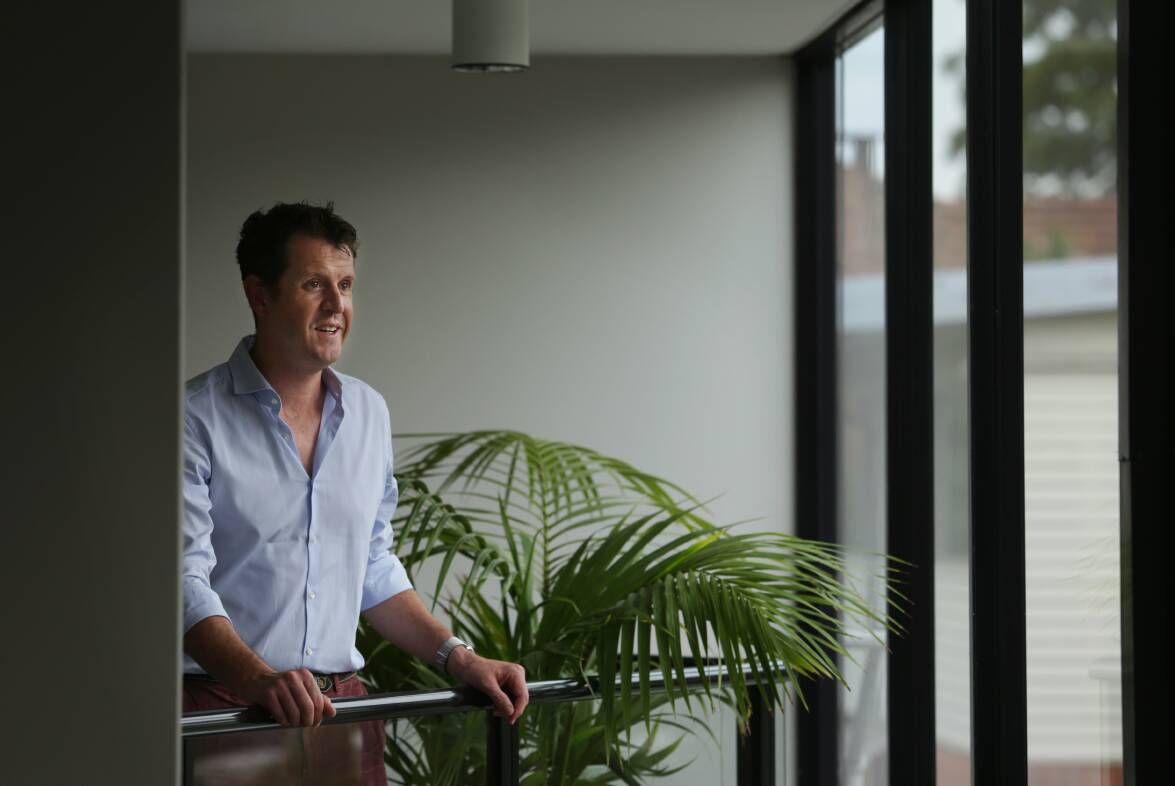
A Newcastle psychiatrist says following the money will highlight issues behind Hunter New England's shocking suicide statistics.
Dr Stuart Saker said mental health inquiries often led to calls for more government money.
But he says this money doesn't always end up where it's most needed.
"It can get diverted into some government quango, which is a waste of everybody's money," he said.
He said the solutions "require more intelligence", not simply more money.
The Newcastle Herald reported last week that the Hunter New England health district recorded the most suicides in NSW over a decade.
The district recorded 1331 suicides from 2012 to 2021, followed by South Eastern Sydney [888], South Western Sydney [786] and Northern Sydney [730].
Dr Saker said it made sense that regional and rural areas with high suicide rates could do with more resources and acute care beds in their areas.
NSW data shows regional and rural areas had the highest suicide rates per 100,000 people.
Hunter New England was sixth among the state's 14 health districts in 2021 for this measure, behind Mid North Coast, Northern NSW, Murrumbidgee, Western NSW and Southern NSW.
The Black Dog Institute says the NSW mental health system is operating on a third of the budget it needs to meet community demand.
"I'm sure if you follow the money going into mental health, physical health receives much more," Dr Saker said.
"Mental health has never been as sexy as diabetes, asthma or childhood epilepsy.
"People don't like to acknowledge that mental health is an important thing, even though it's the most important thing."
Amanda Cohn, chair of a parliamentary inquiry into mental health care in NSW, is seeking transparency on mental funding per capita by local health district.
Dr Cohn and the Black Dog Institute have called for a gap analysis on this matter.
NSW Mental Health Minister Rose Jackson says the government is "looking at how we can potentially reorient mental health funding to help prevent people from requiring hospital care".
But she is also advocating for "more funding to help bolster access to crucial services".
NSW Parliament budget estimates heard last year about the need for state-funded suicide prevention training to be equitably targeted at regional and rural areas.
And a hearing at the NSW mental health inquiry heard that South Australia's emergency responses led to better outcomes for people in mental health distress.
A paramedic and mental health clinician attend incidents in an ambulance, rather than police.
Dr Saker said the problem was complex and not all suicides could be prevented.
He highlighted that challenges lie in the dynamics of treatment once people arrive at public mental hospitals.
"People presenting as suicidal or after a suicide attempt often receive a pretty perfunctory assessment and are sent home," he said.
"They might not get a diagnosis and there might not be any change to their symptoms."
He added that suicidal people were often "given a couple of Valium to help them sleep and the next morning they're OK".
"So a lot of the time that intervention is OK, until it's not."
He was not criticising staff, saying "they do a difficult job and it's not a blame game".
"It's a bit like sending people with viral influenza home from hospital. You're right 99 times out of 100. The 100th time the person dies," he said.
While some patients are sent home from mental health hospitals when they want to stay, others want to leave.
"They learn quickly they'll be sent home if they tell staff they're no longer suicidal," he said.
This posed risks if a support person wasn't home to look after them.
Furthermore, some suicidal people never say they're feeling that way.
And some patients avoid hospital due to fear of being scheduled under the mental health act, restrained and forced to stay.
Despite the stark facts of the system, Dr Saker believed questions needed to be asked and methods devised to improve it.
Support is available for those who may be distressed. Phone Lifeline 13 11 14; Mensline 1300 789 978; Kids Helpline 1800 551 800; beyondblue 1300 224 636; 1800-RESPECT 1800 737 732.
Do you know more? Email dcronshaw@newcastleherald.com.au







